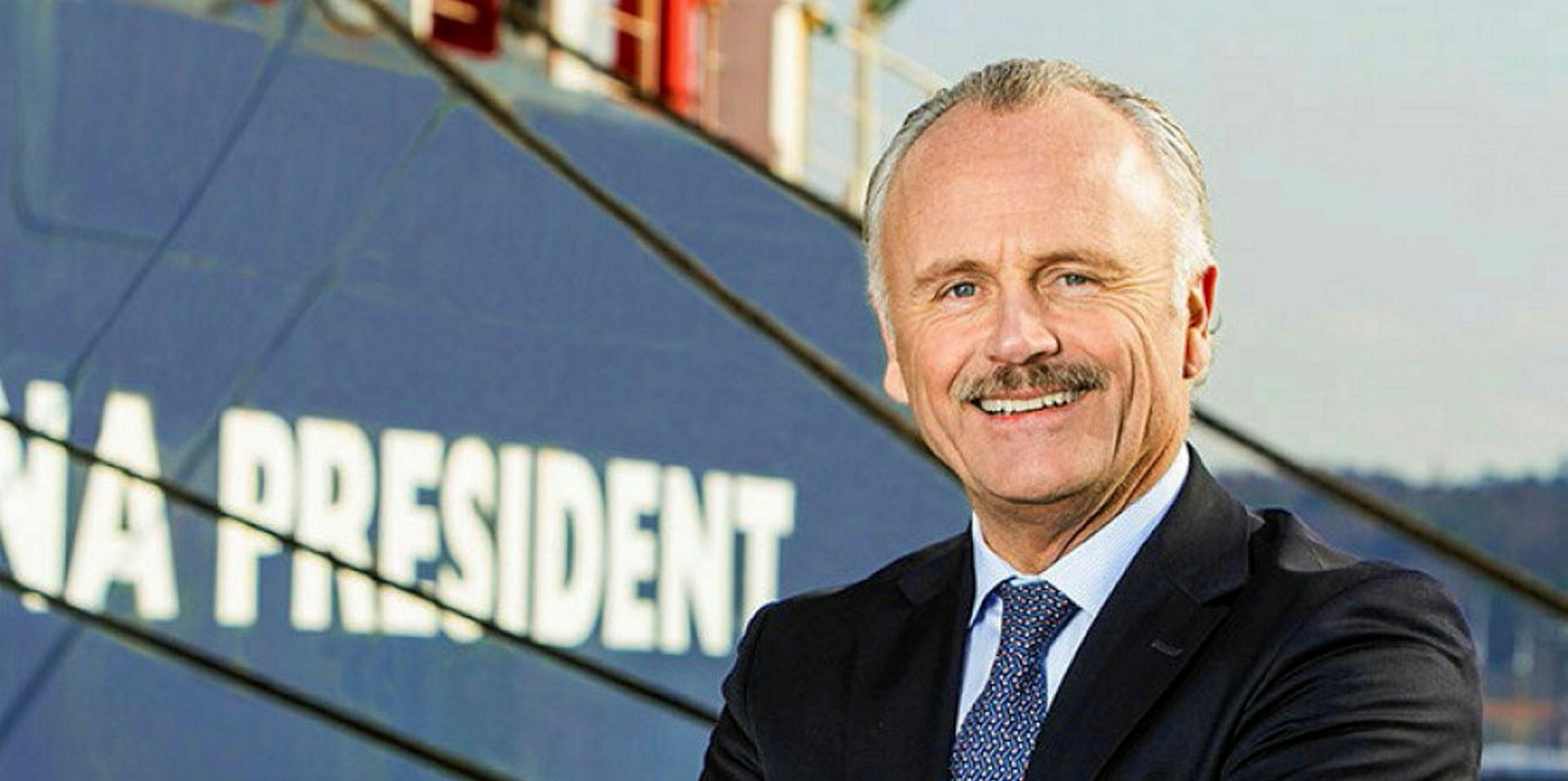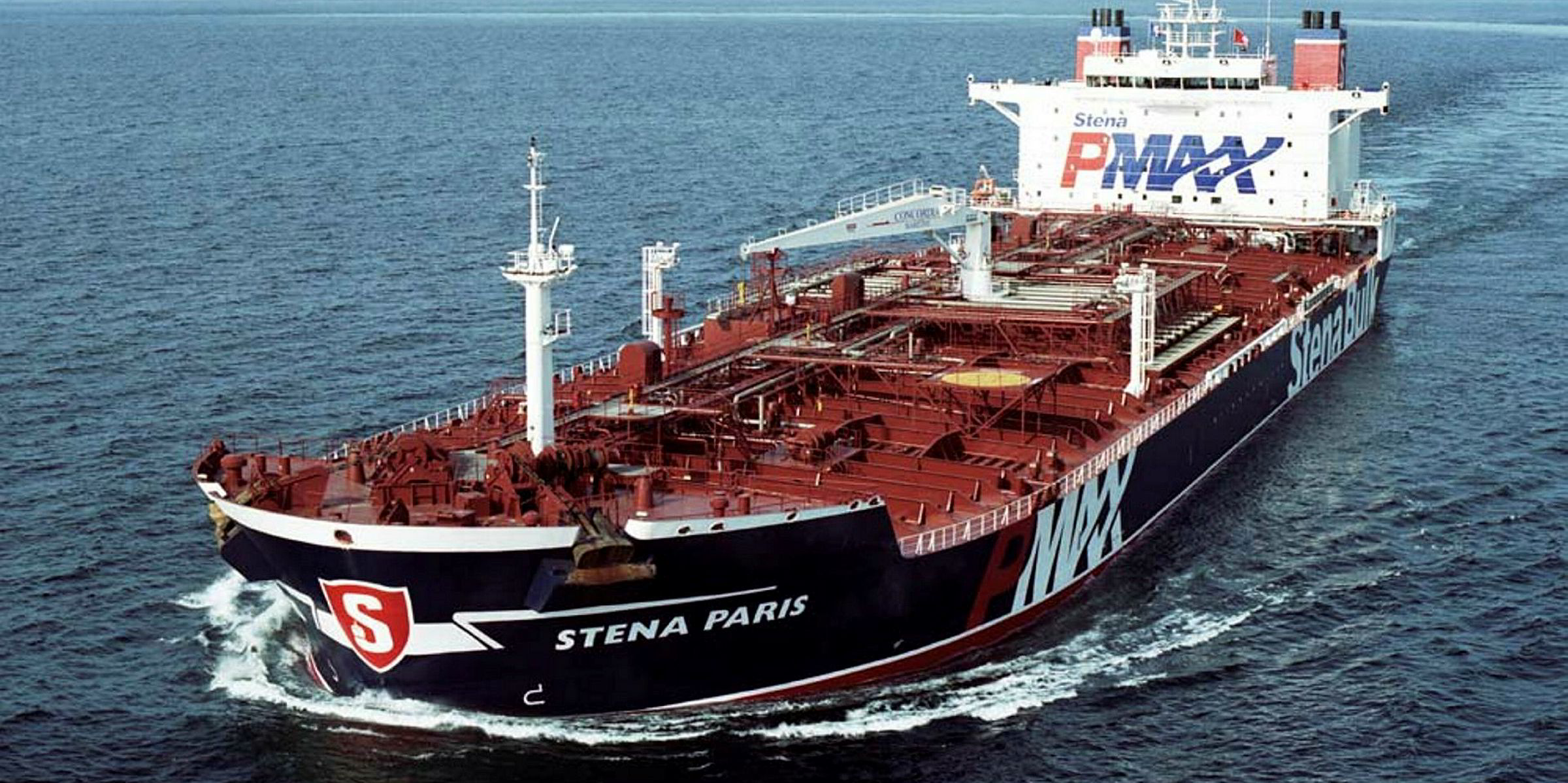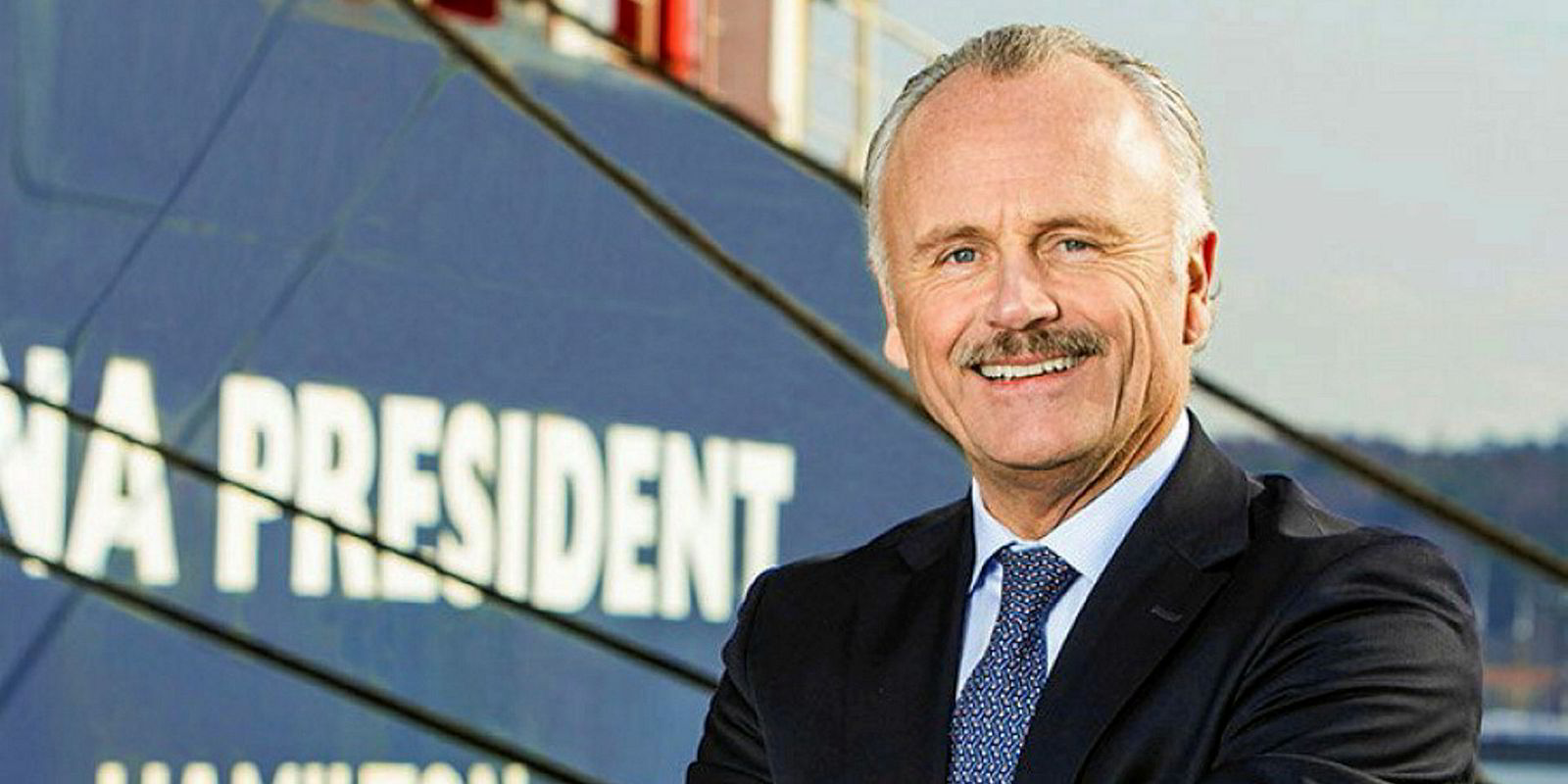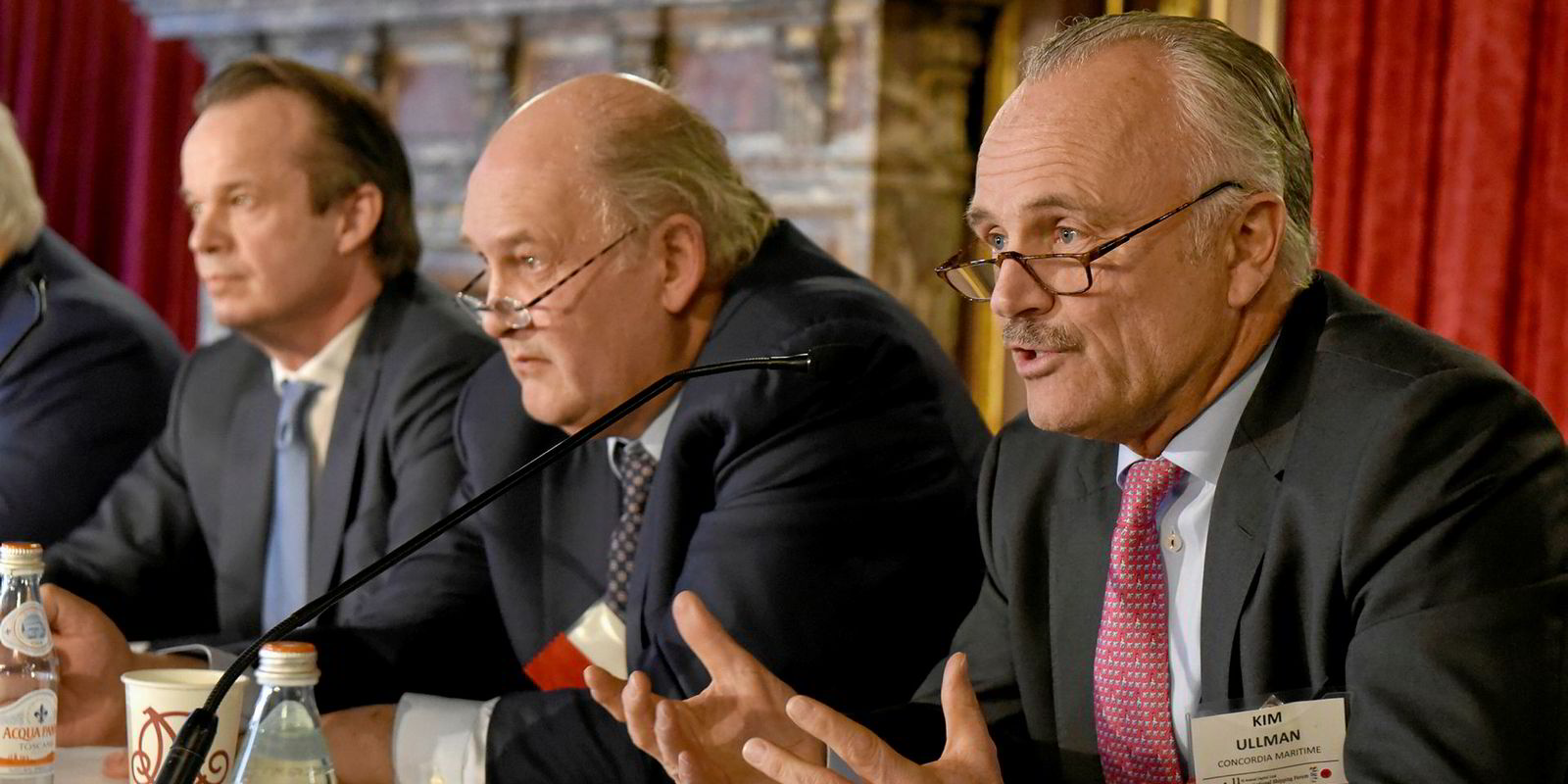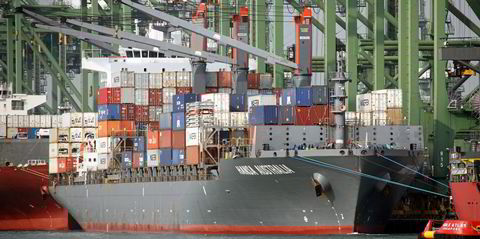Such is its belief in a "gradually stronger market", the Swedish tanker owner has decided to rejig its contract coverage.
Concordia's long-term charters for the 65,125-dwt tankers Stena Paris (built 2005) and Stena Provence (built 2006) will not be extended, according to its second-quarter report.
Stena Paris and Stena Provence will see their contracts expire in August and September respectively.
"On the other hand, we have signed a consecutive voyage charter agreement with a customer in Brazil for a new route between the US and Brazil," Kim Ullman, Concordia's president, said.
An unnamed customer will use the "entire capacity" of two P-MAX tankers, the 65,065-dwt Stena Performance (built 2006) and the 64,917-dwt Stena Polaris (built 2010) on deals that expire in the second quarter of 2020.
Ullman told TradeWinds that Concordia has had opportunities to extend "three, four, five ships" at good rates, "but not comparably good compared to what we believe the market will be."
He declined to give rates for the Stena Performance or the Stena Polaris.
"[However] we're very pleased with what they're generating, or else we wouldn't have done it," he said.
"We're flirting with the upturn just a little bit by starting this contract."
Concordia Maritime has seen its quarterly loss improve on the back of better rates compared to last year and says things will only get better.
Quarterly results
The Swedish tanker owner's net loss after tax was SEK 39.2m ($4.1m) during the second quarter, which is an improvement on the loss of SEK 57.0m recorded last year.
This is equivalent to a loss per share of SEK 0.78 after tax, which shows progress compared to the SEK 2.01 loss per share recorded in the second quarter 2018.
Concordia's SEK 563.4m revenue for the period was 32% higher than that seen a year ago, when tanker rates were at historic lows.
Likewise, EBITDA was positive at SEK 53.3m, a turnaround compared to the SEK 9.3m operating loss seen 12 months ago.
Supply and demand
Though the second quarter saw a better market than 12 months earlier, rates were held back by an oversupply of vessels relative to cargo demand, according to Concordia's president.
"Normal refinery maintenance has been longer and more extensive than usual this year due to conversion work and preparations for IMO 2020," Ullman said.
"Overall, increased supply of vessels in combination with lower demand for transportation to and from refineries has contributed to lower market rates."
The increased number of deliveries is largely due to delayed vessels that should actually have been delivered in the first quarter but came into service in spring instead, Ullman explained.
The remaining uncertainty is whether OPEC will decide to extend or amend its current production cuts, Ullman said.
Outlook
Ullman was optimistic that Concordia will see improved fortunes in the months ahead.
"Several factors still point to a gradually stronger market in autumn," he said.
"In addition to positive fundamentals in the form of sustained high demand for oil; seasonality and declining net tanker fleet growth, US exports of crude oil and oil products and the consequences of IMO 2020 are also helping to create exciting conditions."
Meanwhile, Ullman said Concordia was doing what it could to ensure the safety of its crews and vessels transiting the Strait of Hormuz, following the hijack of the Stena Impero.
"Our vessels also regularly use the shipping route. Each individual trip is assessed from a safety perspective, with crew safety the overriding priority," said Ullman.
"At present, we only pass through the area with a military escort, which has worked well so far."
